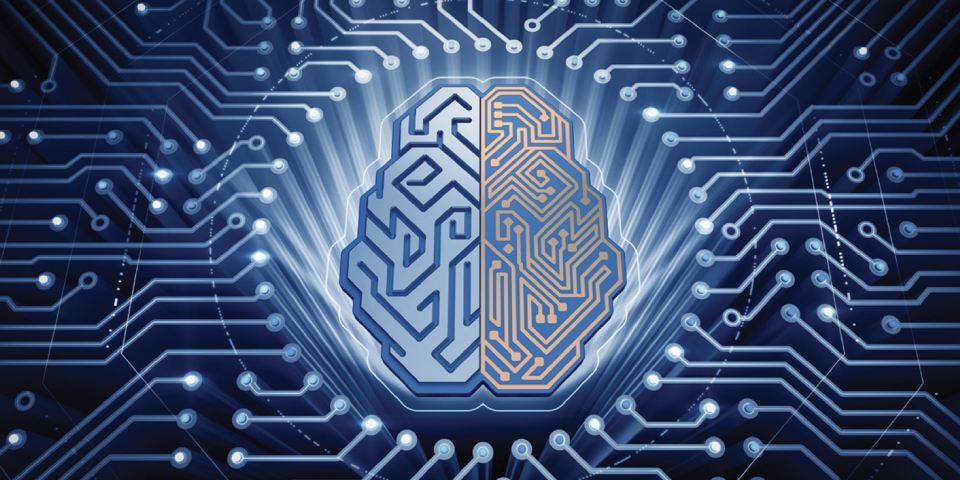Artificial intelligence (AI) is a technology that auditors are exploring, but they may not yet be reaping all the benefits it can offer.
AI can be used in auditing in a variety of ways, including examining log records by identifying unusual transactions among a large pool of unstructured data and analyzing those transactions for patterns and anomalies. AI can also be used during the audit planning phase and during risk identification and assessment procedures.
AI can process large amounts of data (such as reading bank statements and legal contracts) and reconcile accounts many times faster than a human auditor—and with fewer errors. By using AI-powered technology tools, an auditor can go beyond traditional practices to analyze client information more effectively and identify risks more easily, thereby improving audit quality.
The AI technologies mentioned in this article should not be confused with generative AI tools such as ChatGPT (see "What is Artificial Intelligence?" at the bottom of this article).
Why companies in the US and Europe are using AI in auditing
While many firms, especially smaller ones, have not yet adopted AI into auditing, there are several reasons to do so.
-
Overall efficiency
effective auditing is based on improved planning and more efficient use of limited resources. -
AI can minimize the risks of excessive checks
Detecting anomalies using traditional audit methods often results in excessive time costs.
AI makes anomaly detection extremely reliable if it is based on the right parameters set by auditors. -
AI can change the paradigm of the auditor's approach to collecting and verifying data from an IT system.
The data may come from the audit client's ERP systems and supporting accounting systems (such as point-of-sale systems, expense reporting systems, and payment approval systems).
The auditor typically requests components and, in some cases, all data from these systems. However, thanks to artificial intelligence technology, auditors can now query the full data set and obtain many of the required subsets of data without worrying about not being able to analyze the full data set.
AI can also analyze data, which helps the auditor better refine the scope and planning of the audit to focus on procedures that are more sensitive to actual risk.
AI can completely transform journal entry review. The idea might be to reorder the audit operations to target high-risk items first.
Using AI and overall testing analysis, it is possible to test log entries very early in an audit, such as when an initial risk assessment is being conducted. This may allow auditors to review the highest risk transactions first. -
AI can perform more targeted information collection.
For example, auditors can create an intelligent automation platform to link significant amounts of data from individual PDF files from a client workbook into a single testing workbook. Auditors can then use automated formulas to identify violations. Clicking on a cell takes the reviewer to the main source document where they can check the accuracy of the data and anyone can easily see where the data came from.
Reasons why audit firms don't use artificial intelligence
- Lack of traning and infrastructure
- Technology is too expensive
- Inability to access usablle client data
- Technology is difficult to use
- Inadequate client conrols for data integrity
- Concerns about others questioning the technology
- Cleint data privacy or security concerns
- Technology's output is too difficult to use
- lack of knowledge abot technology
What is AI?
Artificial intelligence (AI) technology simulates human intelligence. Some of its capabilities include automating tasks previously performed by humans, such as accounting, tax, and audit data gathering. In carrying out the tasks, the technology learns from the information it has analyzed and applies those lessons in future tasks to make reasoned judgments and solve problems. This capability is called machine learning, and it is key to the AI applications described in this article.
Machine learning is one of several types of AI and is used in many applications, often in conjunction with other AI technologies. For example, digital assistants such as Apple’s Siri and Amazon’s Alexa use natural language processing and machine learning to respond to voice commands. Generative AI, a more advanced type of machine learning, has received a great deal of attention during the past year. It is expected to be increasingly used in auditing as its reliability and accuracy are enhanced, and proper controls and other safeguards related to data security and confidentiality are implemented.
Our services:
-
Open Artificial Intelligence models
-
Public sector. Open Source Solutions
-
Civic technology. Open Source Solutions
-
Accounts Receivable Automation
-
Accounts Payable Automation
-
Transfer pricing. Moldova
Source:




